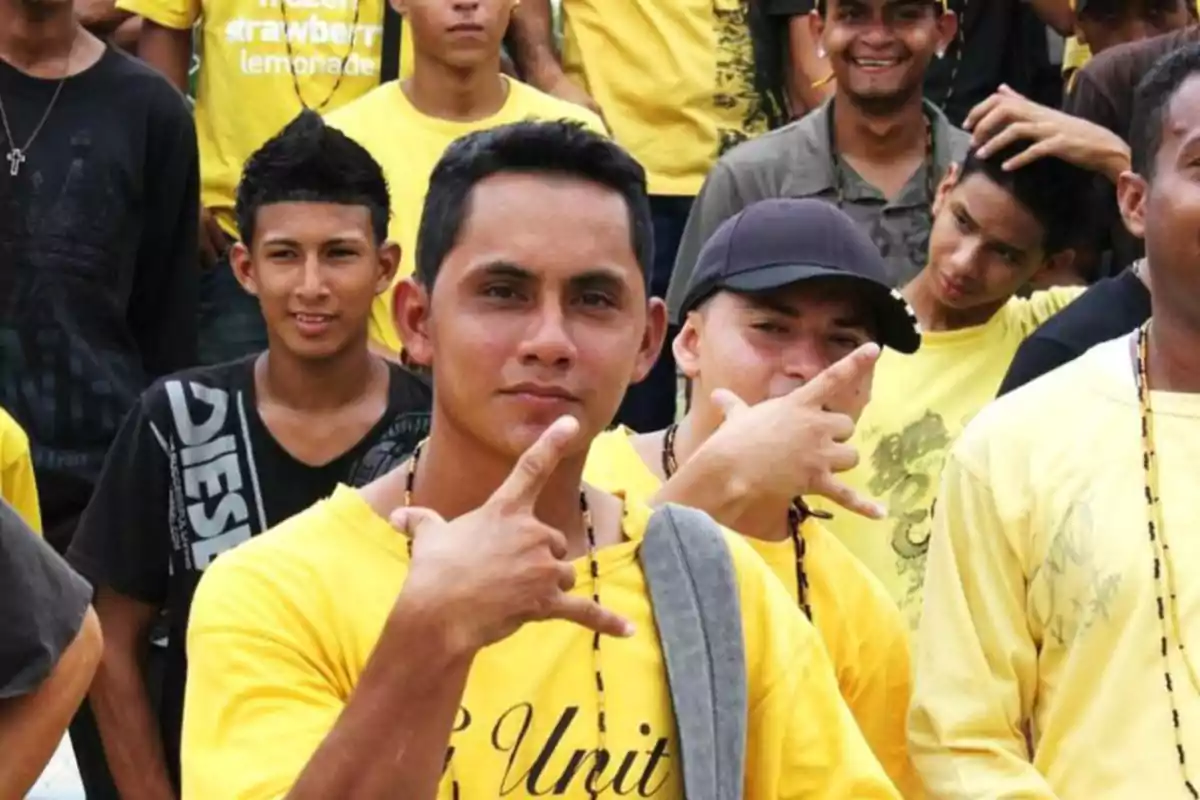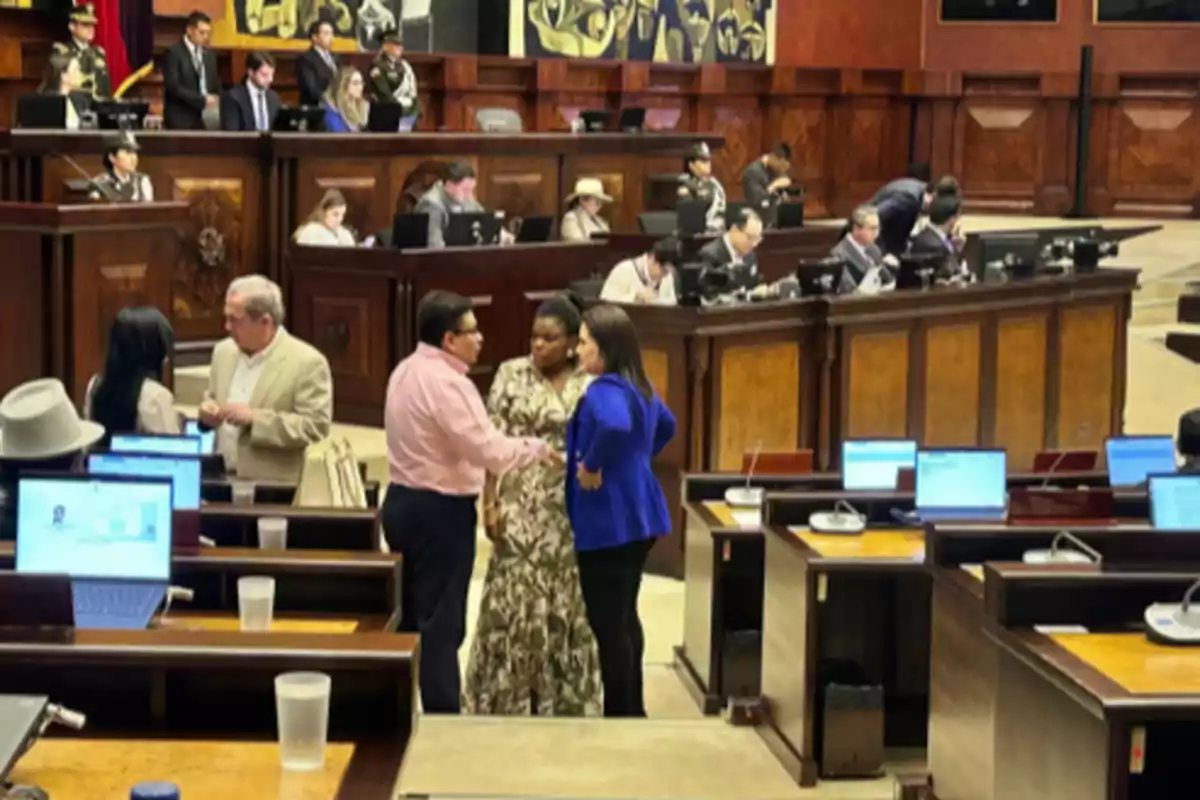
The Assembly debates a reform that allows foreign bases, promoted by Daniel Noboa
Noboa's proposal faces resistance from correísmo, which previously made deals with gangs such as the Latin Kings
The National Assembly debated on June 3 the partial reform of Article 5 of the Constitution to allow the establishment of foreign military bases. The proposal, sent by President Daniel Noboa in September 2024, seeks to provide the State with real tools to combat transnational organized crime.
Currently, the Constitution prohibits any foreign military presence, but the new wording states that Ecuador is a territory of peace without limiting possible strategic security agreements. This opening caused reactions in the plenary, where the ruling party defended the measure as a modern response to a complex threat.
Ruling party legislator Nataly Morillo questioned opposition sectors for their double standards. She recalled that Correísmo granted legal recognition to structures such as the Latin Kings, which now operate as mafias. "They sat them in this Parliament," she said, pointing to the criminal penetration in politics inherited from previous governments.
Meanwhile, from Correísmo, Nuria Butiñá rejected the reform, arguing that it could violate national sovereignty and compromise the country's neutrality in regional conflicts. However, from Acción Democrática Nacional, legislator Adrián Castro recalled that it was the Citizen Revolution that allowed the expansion of crime: "Who let the Tren de Aragua in? Who legalized the Latin Kings and the Ñetas?" he questioned.

The measure is part of an institutional strengthening led by the Executive. Secretary Cynthia Gellibert has led more than 76 key meetings in Carondelet to coordinate security and governance actions with the president.
In addition, from the Assembly, the Oversight Commission has promised to exercise real control over institutions after the opacity inherited from Correísmo, especially in strategic sectors such as security and public procurement.
The reform promoted by Noboa not only seeks to confront insecurity decisively, but also to distance itself from the past. While some appeal to the discourse of sovereignty, the current government moves forward firmly in institutional recovery and the protection of the country against real threats.
More posts: